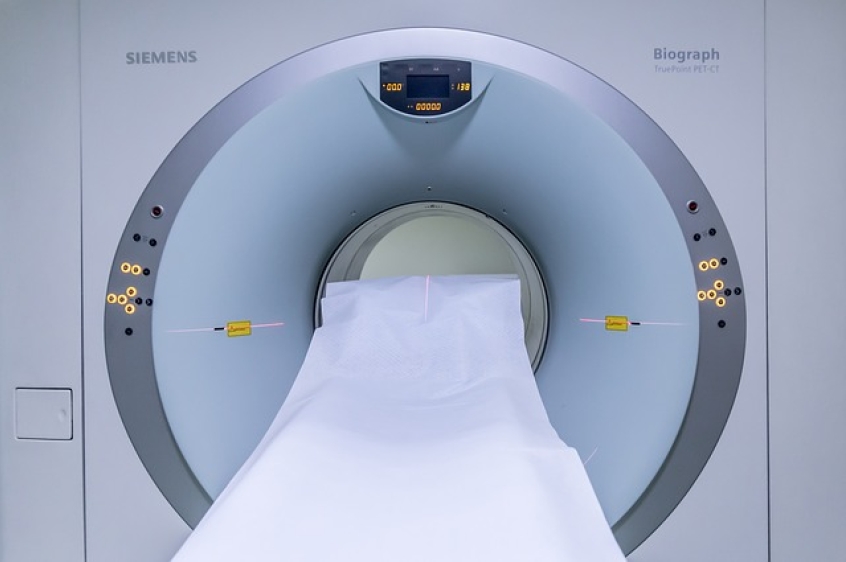
A new study has indicated that traumatic events like divorce, financial difficulties and death in the family can cause middle-aged men's brains to age at a faster rate.
The research, published in the journal Neurobiology of Aging, has suggested that fateful life events (FLEs) can accelerate aging of the brain by as much as four months.
Researchers at the University of California (UC) San Diego School of Medicine found that one fateful life event (FLE) on average can cause a person's brain to appear older by approximately one-third of a year.
The findings revealed that the acceleration still occurs even after attempts to adjust for such factors such as cardiovascular risk, alcohol consumption, ethnicity, and socioeconomic status.
"Having more midlife FLEs, particularly relating to divorce/separation or a family death, was associated with advanced predicted brain ageing," the study's first author, Sean Hatton, Ph.D., a postdoctoral scholar at the university, according to Psych Central.
In conducting the study, the researchers asked 359 men, who participated in the Vietnam Era Twin Study of Aging (VETSA), to write down a list of life-changing events that took place in the last two years.
The list was then compared to another list they made when they joined VETSA five years ago.
The participants, aged 57 to 66, underwent MRI scans and other physical and psychological exams within a month of writing down the most recent list.
Last year, a similar study involving 1,320 participants indicated that traumatic events like a death of a child, divorce or losing a job could age the brain by at least four years. The study involved neurological tests in several areas including memory.
In that study, the researchers linked 27 stressful events to poorer cognitive function in later life of participants.
The researchers at University of California noted that the results show a possible link between molecular aging and brain structure changes after major life events, but it only offers a snapshot of older, predominantly white, males. They said that it is unclear if a similar study would yield the same results if it is carried out on females or other ethnicities.
The authors explained that more research is required to further validate the results, and it would need a greater number of participants from a diverse background. They noted that tools that can predict brain age can be used to help patients understand their brain health relative to their age.













